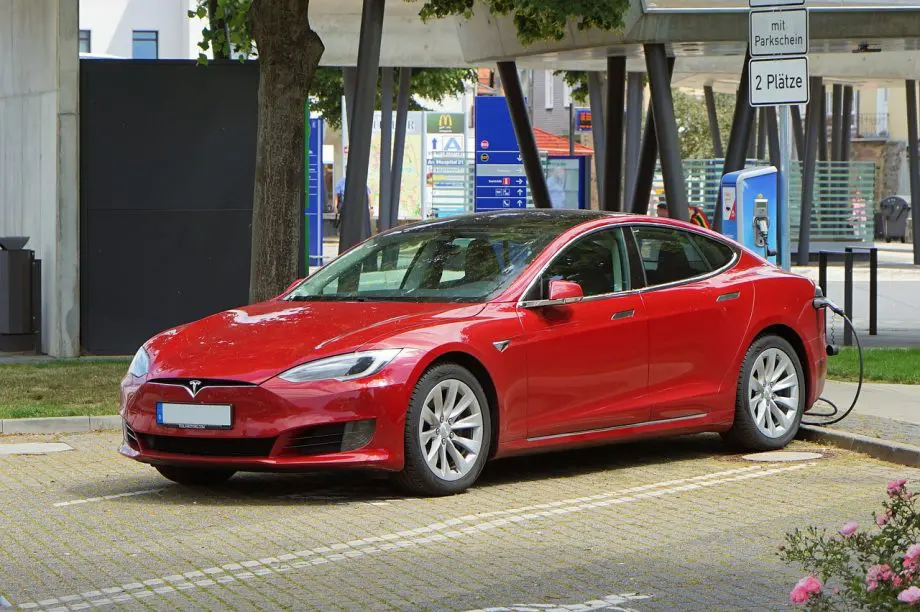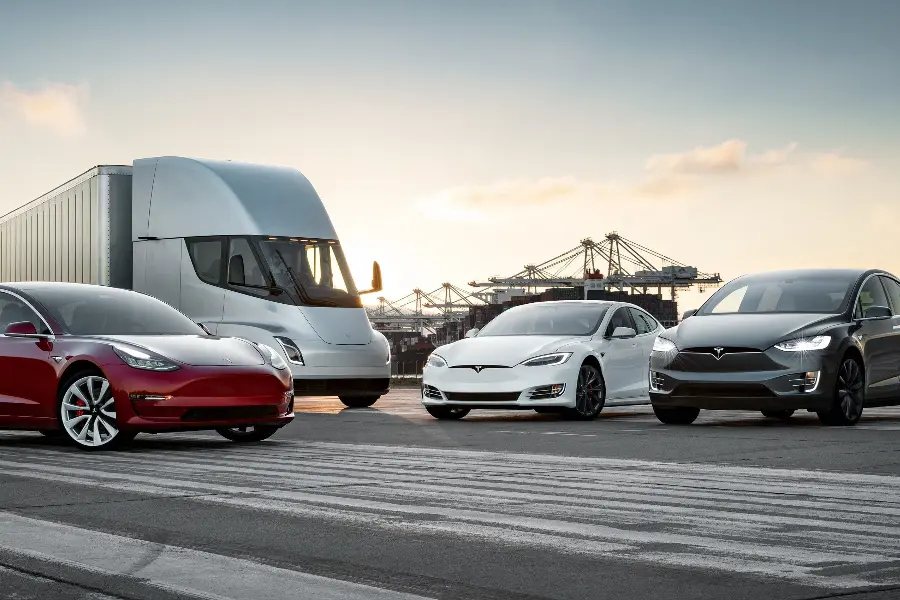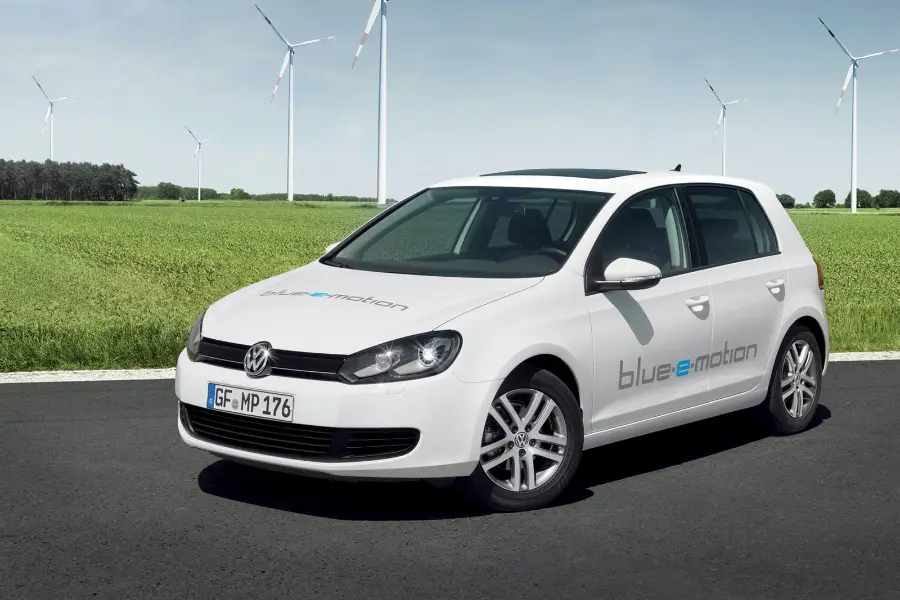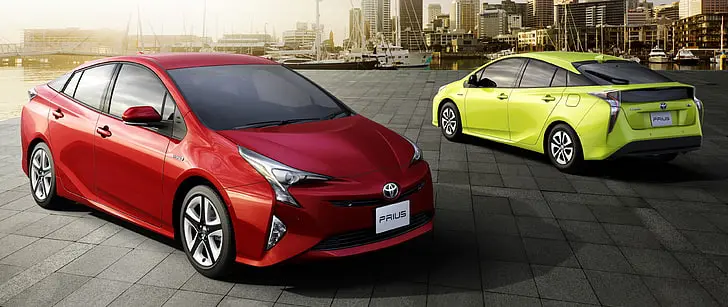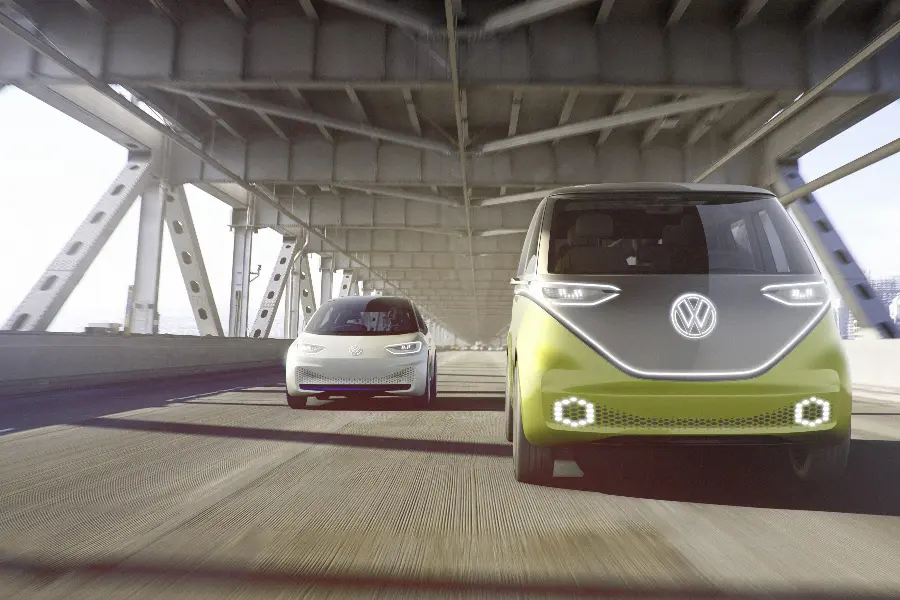
Curious about electric vehicles? Explore our comprehensive guide on ‘Do Electric Cars Need Maintenance?’ and discover the ins and outs of EV upkeep!
Ever wondered, do electric cars need maintenance? Well, you’re not alone. As more people switch to these eco-friendly machines, it’s a question on many minds.
In this post, we’ll dive into the world of electric vehicles, debunk some myths, and give you the lowdown on what it really takes to keep an electric car running smoothly. So, buckle up, and let’s get started!
Do Electric Cars Need Maintenance?
Are you considering joining the electric vehicle revolution but find yourself asking, do electric cars need maintenance and how is it different from regular gas cars?
It’s a common question and we’re here to help answer it.
In this comprehensive guide, we’ll cover everything from understanding how electric cars work, to their specific maintenance needs, and even how they compare to their gasoline counterparts.
We’ll also delve into the benefits and challenges of electric car maintenance, and answer some frequently asked questions.
So, if you’re ready to get charged up with knowledge, read on!
Brief Overview of Electric Cars
Electric cars, also known as electric vehicles or EVs, are a fantastic innovation in the world of transportation.
They’re powered by an electric motor, which uses energy stored in rechargeable batteries, instead of the traditional internal combustion engine that uses gasoline or diesel.
This shift to electricity means they emit no exhaust gases, making them a cleaner, greener choice for the environment.
But it’s not just about being eco-friendly. Electric cars are also known for their smooth and quiet ride, quick acceleration, and, of course, the convenience of ‘refueling’ from the comfort of your own home.
Importance of Maintenance for Electric Cars
Now, let’s talk about maintenance. Just like any other vehicle, electric cars need regular care to keep them running at their best.
However, the maintenance needs of an electric car are different from those of a traditional gasoline car.
While it’s true that electric cars have fewer moving parts and don’t need oil changes, they do have specific components, like the battery and electric motor, that require attention.
Regular maintenance not only helps ensure the longevity and reliability of your electric car but also helps maintain its efficiency, performance, and safety.
So, while the maintenance schedule might look a bit different, it’s just as important to keep your electric car in tip-top shape.
Understanding Electric Cars
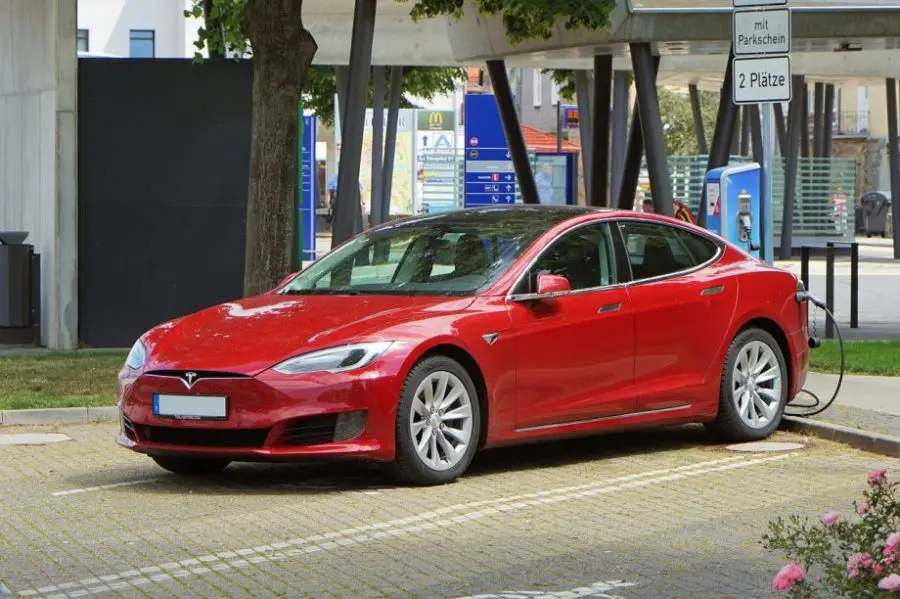
Ready to plug into the world of electric cars? Before we delve into the nitty-gritty of maintenance, it’s important to understand the basics of these innovative machines.
After all, knowing how your car works can give you a better idea of how to take care of it.
So, let’s lift the hood on electric cars and explore what makes them tick.
How Electric Cars Work
Electric cars are a marvel of modern engineering, but the principle behind them is quite simple.
Instead of a gasoline or diesel engine, electric cars use an electric motor powered by a large battery pack.
When you press the accelerator, electricity from the battery is sent to the motor, which then drives the wheels. Pretty straightforward, right?
But here’s where it gets interesting. When you brake or coast, the electric motor actually works in reverse to generate electricity, a process known as regenerative braking.
This energy is then sent back to the battery for later use. It’s this efficient use of energy that makes electric cars such a promising solution for a sustainable future.
Different Types of Electric Cars (BEVs and PHEVs)
Now, not all electric cars are created equal. There are two main types you’ll come across: Battery Electric Vehicles (BEVs) and Plug-in Hybrid Electric Vehicles (PHEVs).
BEVs, as the name suggests, are powered entirely by a battery and electric motor.
They’re charged from an external source (like a charging station or your home’s electricity supply) and store the energy in their battery pack for use on the road.
Examples of BEVs include the Tesla Model S and the Nissan Leaf.
On the other hand, PHEVs are a bit of a hybrid (pun intended) between electric cars and traditional gasoline cars.
They have both an electric motor powered by a battery and a conventional internal combustion engine.
The battery can be charged from an external source for short trips, but for longer journeys or when the battery runs low, the gasoline engine kicks in.
This gives PHEVs a longer overall range compared to BEVs but with the added complexity of maintaining two power systems.
Examples of PHEVs include the Chevy Volt and the Toyota Prius Prime.
Understanding these differences is key to knowing which type of electric car might be the best fit for you, and how to maintain it properly.
Maintenance Needs of Electric Cars
![]()
Alright, now that we’ve got a handle on how electric cars work and the different types available, let’s dive into the heart of the matter their maintenance.
You might be wondering, ‘What kind of care does an electric car need?’ or ‘How often does it need to be serviced?’
Well, you’re in the right place! Let’s roll up our sleeves and get into the specifics of electric car maintenance.
Battery Care and Lifespan
The battery is the heart of an electric car, and taking good care of it can significantly extend its lifespan.
Most electric car batteries are designed to last between 8 to 15 years, depending on usage and climate.
To keep your battery in top shape, try to avoid exposing it to extreme temperatures, as both hot and cold conditions can affect its performance and longevity.
Also, while fast chargers are convenient for quick top-ups, they can degrade the battery faster than standard chargers.
So, for daily charging, it’s best to stick to a regular home charger and save the fast chargers for long trips.
Brake System Maintenance
Electric cars use a system called regenerative braking, which uses the electric motor to slow the car and recharge the battery.
This means the mechanical brakes are used less frequently, reducing wear and tear. However, they still need regular checks and maintenance.
Keep an eye on the brake fluid and have it replaced at the manufacturer’s recommended intervals.
Also, even though the brake pads may last longer than those on a conventional car, they still need to be inspected regularly for safety.
Tire Wear and Replacement
Tires are one area where electric cars might actually require more frequent maintenance.
Electric cars are generally heavier than their gasoline counterparts due to the weight of the battery, which can lead to faster tire wear.
Regularly check your tires for wear and keep them properly inflated to ensure they last as long as possible.
When it’s time for replacement, choose high-quality tires designed for electric cars to get the best performance and lifespan.
Cooling System Maintenance
Electric cars generate heat when they’re running, just like any other vehicle.
To keep the battery and motor cool, they use a cooling system which may need to be checked and serviced periodically.
This could involve checking the coolant level and strength and inspecting the hoses for any signs of wear or damage.
Electric Motor Maintenance
One of the great things about electric motors is that they have fewer moving parts than a traditional engine, which means less maintenance.
However, they’re not entirely maintenance-free. The motor should be inspected during regular service checks for any signs of wear or damage.
But rest assured, compared to regular engine tune-ups, electric motor maintenance is a breeze!
Comparing Electric and Gasoline Car Maintenance
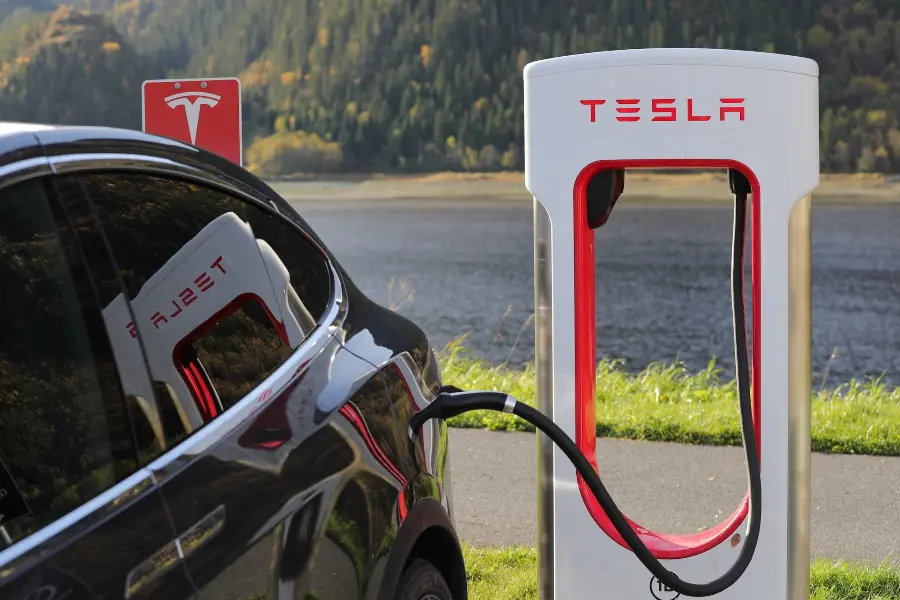
Ever wondered how the maintenance of an electric car stacks up against a traditional gasoline car?
It’s a common question, especially for those considering making the switch to electric.
In this section, we’ll put electric and gasoline car maintenance side by side, comparing the tasks, costs, and overall experience.
So, whether you’re an electric car enthusiast or a curious gasoline car owner, this comparison is sure to spark your interest!
Maintenance Tasks Unique to Electric Cars
Electric cars have their own set of maintenance tasks, many of which revolve around the battery and electric motor.
For instance, the battery needs to be kept at an optimal temperature and charged properly to ensure its longevity.
The cooling system, which keeps the battery and motor from overheating, may need periodic checks and servicing.
Also, because electric cars use regenerative braking, the brake system may require less frequent maintenance.
However, the brake fluid still needs to be checked and replaced at regular intervals.
Maintenance Tasks Unique to Gasoline Cars
Gasoline cars, on the other hand, have a whole host of maintenance tasks that electric cars simply don’t have.
These include oil changes, replacing the air filter, spark plugs, and timing belt, and servicing the exhaust system.
These tasks can be time-consuming and, depending on the vehicle, potentially expensive.
Additionally, gasoline engines have many more moving parts than electric motors, which means there’s more that can wear out or go wrong over time.
Cost Comparison of Electric vs Gasoline Car Maintenance
When it comes to the cost of maintenance, electric cars generally come out ahead.
The fewer moving parts and the absence of oil changes and other routine tasks can make electric cars cheaper to maintain over the long run.
However, it’s worth noting that the cost of replacing an electric car’s battery can be high, although this is an infrequent expense, and battery prices are coming down.
On the other hand, while gasoline cars might have lower upfront costs, they can be more expensive to maintain over their lifetime due to the regular need for oil changes, tune-ups, and other engine-related maintenance.
Benefits of Electric Car Maintenance
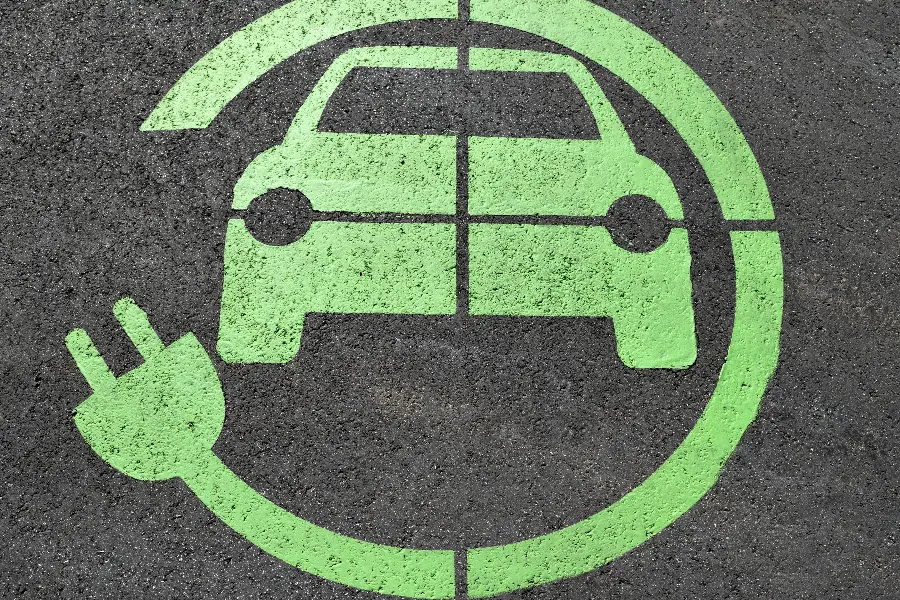
Maintaining an electric car might seem like a whole new world, especially if you’re used to a gasoline vehicle.
But did you know that there are some pretty impressive benefits that come with it?
From cost savings to environmental perks, let’s plug in and explore the advantages of keeping your electric car in top shape.
Lower Overall Maintenance Costs
One of the biggest benefits of electric car maintenance is the potential for lower overall costs.
With fewer moving parts and no need for oil changes, the routine maintenance for an electric car can be significantly less than that of a gasoline car.
While there are still costs associated with things like tire replacement and brake system maintenance, these are often offset by savings in other areas.
Plus, the cost of electricity for charging is generally less than the cost of gasoline, adding to the overall savings.
Environmental Benefits
Electric cars are a win for the environment, and maintaining them properly only amplifies this benefit.
By keeping your electric car in good working order, you’re ensuring it runs as efficiently as possible, which means less energy use and fewer emissions.
Plus, regular maintenance can help extend the life of the battery, reducing the need for replacement and the associated environmental impact.
Increased Lifespan of the Vehicle
Regular maintenance is key to extending the life of any vehicle, and electric cars are no exception.
By taking care of the battery, motor, and other components, you can help ensure your electric car stays on the road for many years to come.
Plus, because electric cars have fewer moving parts than gasoline cars, there’s less that can wear out over time, which can potentially lead to a longer lifespan for the vehicle as a whole.
So, while maintaining your electric car is an investment, it’s one that can pay off in the long run.
Challenges in Electric Car Maintenance
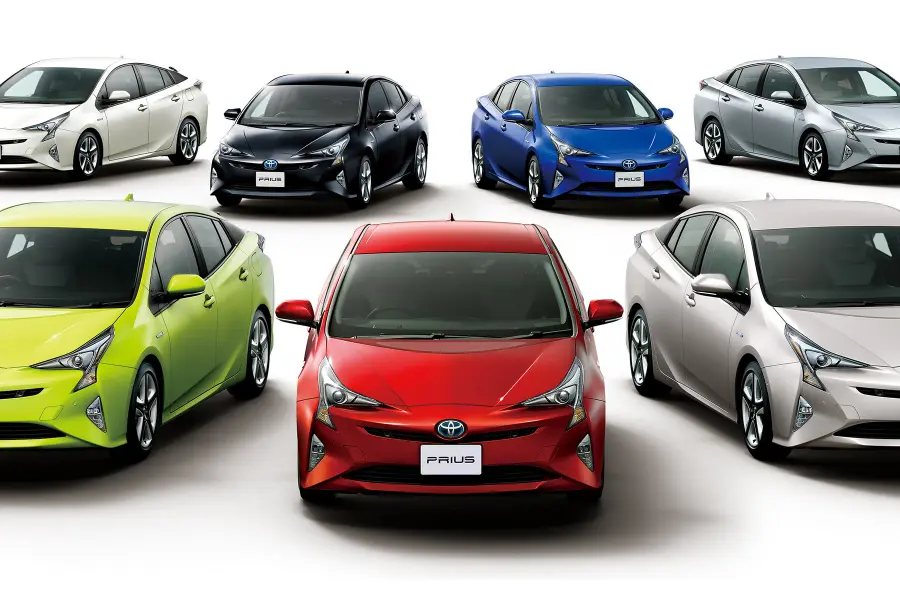
While electric cars come with a host of benefits, they’re not without their challenges, especially when it comes to maintenance.
From finding specialized service centers to dealing with the cost of battery replacement, there are a few hurdles that electric car owners might face.
But don’t worry, we’re here to shed light on these challenges and provide some tips on how to navigate them. Let’s get started!
Availability of Specialized Service Centers
One of the challenges that electric car owners might face is finding a service center that specializes in electric vehicles.
While more and more mechanics are becoming trained in electric car maintenance, they’re still not as widespread as traditional auto shops.
This can make it more difficult to find a convenient location for your maintenance needs.
However, as electric cars become more popular, the number of specialized service centers is expected to grow.
In the meantime, many electric car manufacturers offer their own maintenance services, which can be a reliable option.
High Upfront Cost of Battery Replacement
While electric cars generally have lower maintenance costs, there’s one potential expense that can be quite high: battery replacement.
Over time, the battery in an electric car can degrade and may eventually need to be replaced.
This can be a significant cost, although it’s worth noting that most batteries are designed to last for many years, and many manufacturers offer warranties on their batteries.
Plus, the cost of batteries is coming down as technology improves, so this expense is likely to decrease in the future.
Limited Knowledge and Misconceptions about Electric Car Maintenance
Another challenge is simply a lack of knowledge or misconceptions about electric car maintenance.
Many people are used to the maintenance routine of a gasoline car and may not be aware of how it differs from an electric car.
This can lead to confusion or neglect of important maintenance tasks.
That’s why it’s so important to educate yourself about the specific maintenance needs of your electric car.
Remember, knowledge is power and in this case, it can help keep your electric car running smoothly for years to come.
FAQs on Electric Car Maintenance
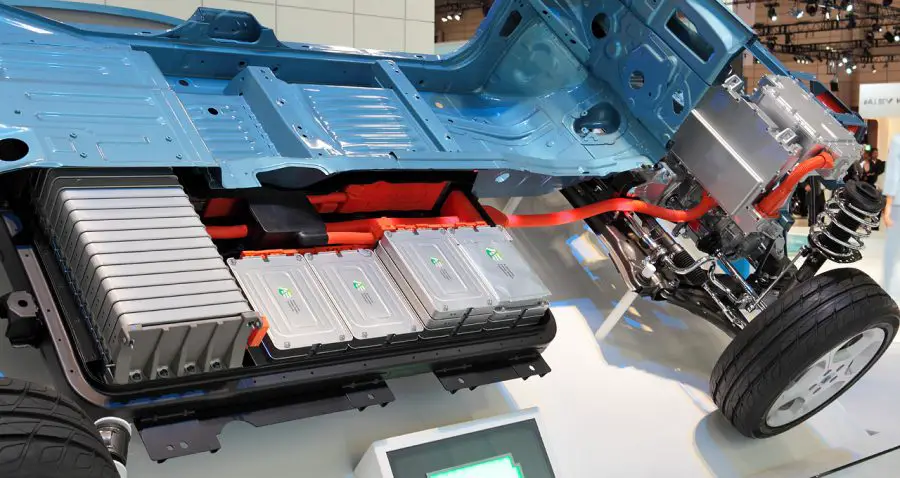
Got questions about electric car maintenance? You’re not alone! It’s a new territory for many of us, and it’s natural to have queries.
In this section, we’ll tackle some of the most frequently asked questions about maintaining electric cars.
From costs to lifespan, we’ve got you covered. So, let’s jump right into the Q&A!
Q: Is it expensive to maintain an electric car?
A: Generally, maintaining an electric car can be less expensive than maintaining a gasoline car.
This is because electric cars have fewer moving parts and don’t require oil changes.
However, certain costs, like battery replacement, can be high, although these are infrequent expenses.
Q: Do electric cars need to be serviced?
A: Yes, like any vehicle, electric cars need regular servicing to keep them running smoothly.
This includes checking the battery, brakes, tires, and cooling system, among other things.
Q: What maintenance does an electric car need?
A: Electric car maintenance includes caring for the battery, checking and replacing brake fluid, inspecting and replacing tires as needed, maintaining the cooling system, and checking the electric motor.
Q: What is the lifespan of an electric car?
A: The lifespan of an electric car can vary based on a number of factors, including how well it’s maintained.
However, with regular maintenance, many electric cars can last for over 10 years.
Q: What is the most common problem with electric cars?
A: One common issue with electric cars is battery degradation over time.
However, with proper care and charging habits, this can be minimized.
Q: How often do electric cars need maintenance?
A: The frequency of maintenance can depend on the specific model of the car and how it’s used.
However, as a general rule, it’s a good idea to have your electric car serviced at least once a year.
Q: What is the lifespan of an electric car battery?
A: Most electric car batteries are designed to last between 8 to 15 years, depending on usage and climate.
However, with proper care, some batteries may last even longer.
Q: Is maintaining an electric car more expensive than a gasoline car?
A: In general, maintaining an electric car can be less expensive than maintaining a gasoline car.
While there are costs associated with electric car maintenance, such as battery replacement, these are often offset by the savings from not having to pay for things like oil changes and other engine-related maintenance.
Do Electric Cars Need Maintenance? Conclusion

We’ve covered a lot of ground in this guide, haven’t we? From understanding how electric cars work to exploring their maintenance needs, it’s been quite a journey.
But as we pull into the conclusion, it’s time to recap what we’ve learned and consider the road ahead.
So, let’s wrap up and reflect on the importance of electric car maintenance.
Recap of the Importance of Electric Car Maintenance
Maintaining an electric car is crucial for several reasons.
Firstly, regular maintenance helps ensure the longevity and reliability of your vehicle.
It keeps your car running efficiently, which in turn, can help save on energy costs and reduce environmental impact.
From taking care of the battery to checking the cooling system and brakes, each maintenance task plays a vital role in keeping your electric car in top shape.
And while some tasks, like battery replacement, can be costly, the overall maintenance cost for electric cars is generally lower compared to gasoline cars.
Encouragement for Further Research and Learning
As we’ve seen, electric cars are a bit different from their gasoline counterparts, and so is their maintenance.
But don’t let this deter you. Embrace the learning curve!
Continue to educate yourself about electric cars and their maintenance needs.
The more you know, the better equipped you’ll be to keep your electric car running smoothly for years to come.
Remember, the world of electric cars is evolving rapidly, and staying informed will help you make the most of this exciting technology.
So, keep exploring, keep learning, and enjoy the ride!

